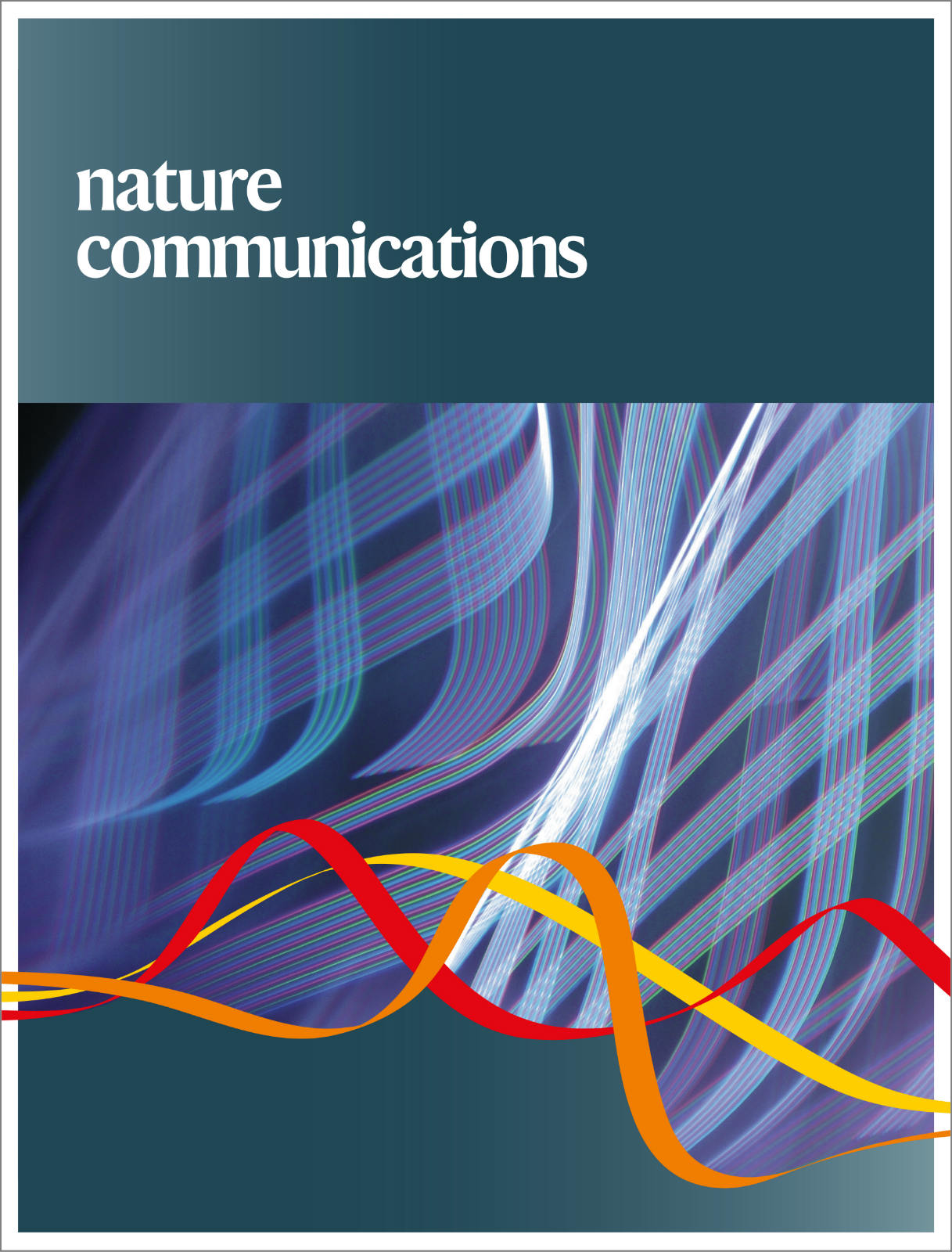个别模式和研究对IPCC第六次评估报告中量化缓解结果的影响。
IF 15.7
1区 综合性期刊
Q1 MULTIDISCIPLINARY SCIENCES
引用次数: 0
摘要
向政府间气候变化专门委员会(IPCC)提交的基于排放情景的定量缓解研究结果在气候政策和决策中发挥着权威作用。我们分析了IPCC第六次评估报告(AR6)中模型和建模研究的不均匀代表性对用于呈现定量缓解结果的统计值的影响。我们发现,AR6的几个关键结论受到包含最多情景的模型的显著影响,包括到2030年的减排和与1.5°C一致的化石燃料使用量下降,并且我们发现,温室气体净零排放的年份受到模型和包含最多情景的研究的显著影响。我们发现,通过模型或研究进行加权并不能提供一个直接的解决方案,并讨论了与使用数据库统计来呈现排放情景结果相关的三个问题。根据IPCC的目的和从排放情景中可以获得的各种见解,我们建议改进对排放情景的评估。本文章由计算机程序翻译,如有差异,请以英文原文为准。
Influence of individual models and studies on quantitative mitigation findings in the IPCC Sixth Assessment Report.
Quantitative mitigation findings based on emissions scenarios submitted to the Intergovernmental Panel on Climate Change (IPCC) play an authoritative role in climate policy and decision making. We analyse the impact of the uneven representation of models and modelling studies in the IPCC Sixth Assessment Report (AR6) on statistical values that are used to present quantitative mitigation findings. We find that several key AR6 findings are influenced considerably by the model with the most scenarios, including emissions reductions by 2030 and the decline in fossil fuels consistent with 1.5 °C, and we find that the year of net-zero greenhouse gas emissions is influenced considerably by both the model and the study with the most scenarios. We find that weighting by model- or study does not provide a straightforward solution and discuss three issues related to the use of database statistics to present emissions scenarios findings. Informed by the purpose of the IPCC and the kinds of insights that can be obtained from emissions scenarios, we suggest improvements to the assessment of emissions scenarios.
求助全文
通过发布文献求助,成功后即可免费获取论文全文。
去求助
来源期刊

Nature Communications
Biological Science Disciplines-
CiteScore
24.90
自引率
2.40%
发文量
6928
审稿时长
3.7 months
期刊介绍:
Nature Communications, an open-access journal, publishes high-quality research spanning all areas of the natural sciences. Papers featured in the journal showcase significant advances relevant to specialists in each respective field. With a 2-year impact factor of 16.6 (2022) and a median time of 8 days from submission to the first editorial decision, Nature Communications is committed to rapid dissemination of research findings. As a multidisciplinary journal, it welcomes contributions from biological, health, physical, chemical, Earth, social, mathematical, applied, and engineering sciences, aiming to highlight important breakthroughs within each domain.
 求助内容:
求助内容: 应助结果提醒方式:
应助结果提醒方式:


